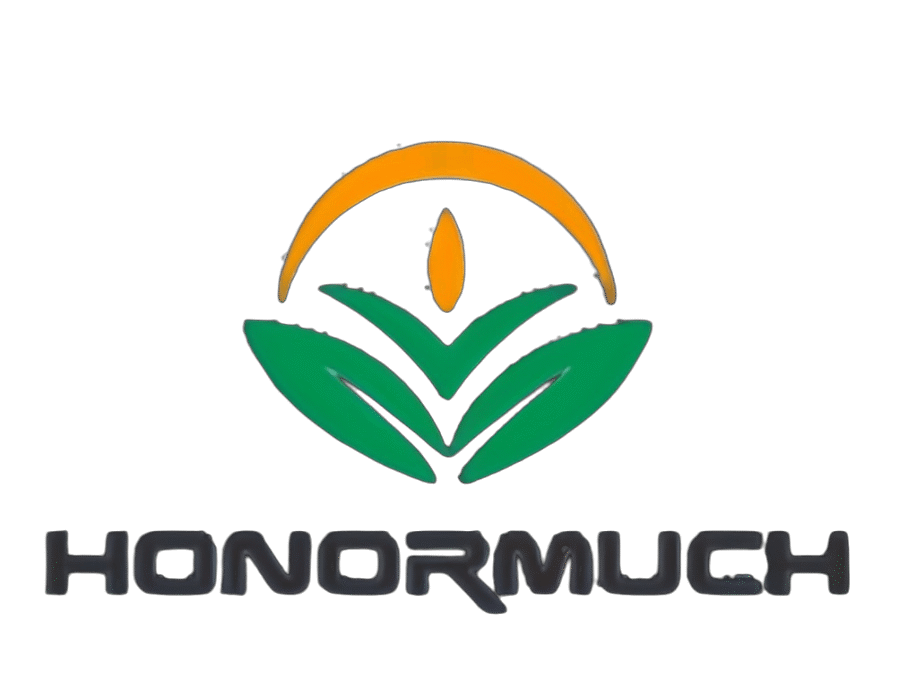Selection and application of sealant(popular science)
Glass glue (silicone sealant) is a sealing material widely used in construction, decoration, automobile, electronics and other fields, with excellent adhesion, weather resistance and chemical resistance
I. Types of glass glue and key points for selection
Glass glue is divided into many types according to chemical composition, use and performance. When selecting, it is necessary to select according to specific uses and environmental conditions:
1. Classification by chemical composition:
• Acidic silicone glue:
• Features: Release acetic acid during curing, heavy odor, low price, strong adhesion, fast curing speed.
• Applicable scenarios: Bonding and sealing of non-corrosive materials such as glass, aluminum alloy, and ceramics.
• Note: It may be corrosive to metals, coated glass, concrete, etc., and is not suitable for bonding these materials.
• Neutral silicone glue:
• Features: Release alcohol substances during curing, non-corrosive, small odor, and good weather resistance.
• Applicable scenarios: Suitable for most building materials, such as glass, metal, stone, wood, etc., widely used in curtain walls, interior decoration, etc.
• Note: The price is slightly higher, and the curing speed is slower than that of acid glue.
• Special-purpose glue:
• Structural glue: used for bonding load-bearing structures, with high strength and high durability, commonly used in curtain walls and glass assembly.
• High-temperature resistant glue: suitable for high-temperature environments, such as ovens and engine surroundings.
• Anti-mold glue: contains anti-mold agents, suitable for humid environments, such as bathrooms and kitchens.
• Fireproof glue: has fire-retardant properties and is suitable for scenes with high fire protection requirements.
2. Classification by use:
• Sealant: used for caulking, waterproofing, and dustproofing, such as gaps in doors, windows, and bathrooms.
• Adhesive glue: used for fixing and connecting, such as bonding glass to metal.
• Special glue: such as fish tank glue (high transparency, non-toxic), automotive glass glue (vibration-resistant), etc.
3. Key factors when selecting:
• Use environment: indoor or outdoor? Is it humid, high temperature or low temperature? For outdoor use, a neutral glue with strong weather resistance should be selected.
• Substrate type: confirm the properties of the bonding material (such as glass, metal, stone) to avoid acidic glue corroding sensitive materials.
• Performance requirements: Do you need high strength, mildew resistance, fire resistance or transparent effect?
• Brand and quality: Choose well-known brands (such as Dow Corning, Silicone, Zhijiang, Wacker) to ensure stable quality and avoid fast aging and poor adhesion of inferior glue.
• Color: Glass glue has a variety of colors such as transparent, white, black, gray, etc., which need to be selected according to decoration needs.
• Curing time: Acidic glue cures quickly (surface drying is about 0.5-1 hours), neutral glue is slower (surface drying is about 2-4 hours), choose according to the construction progress.
